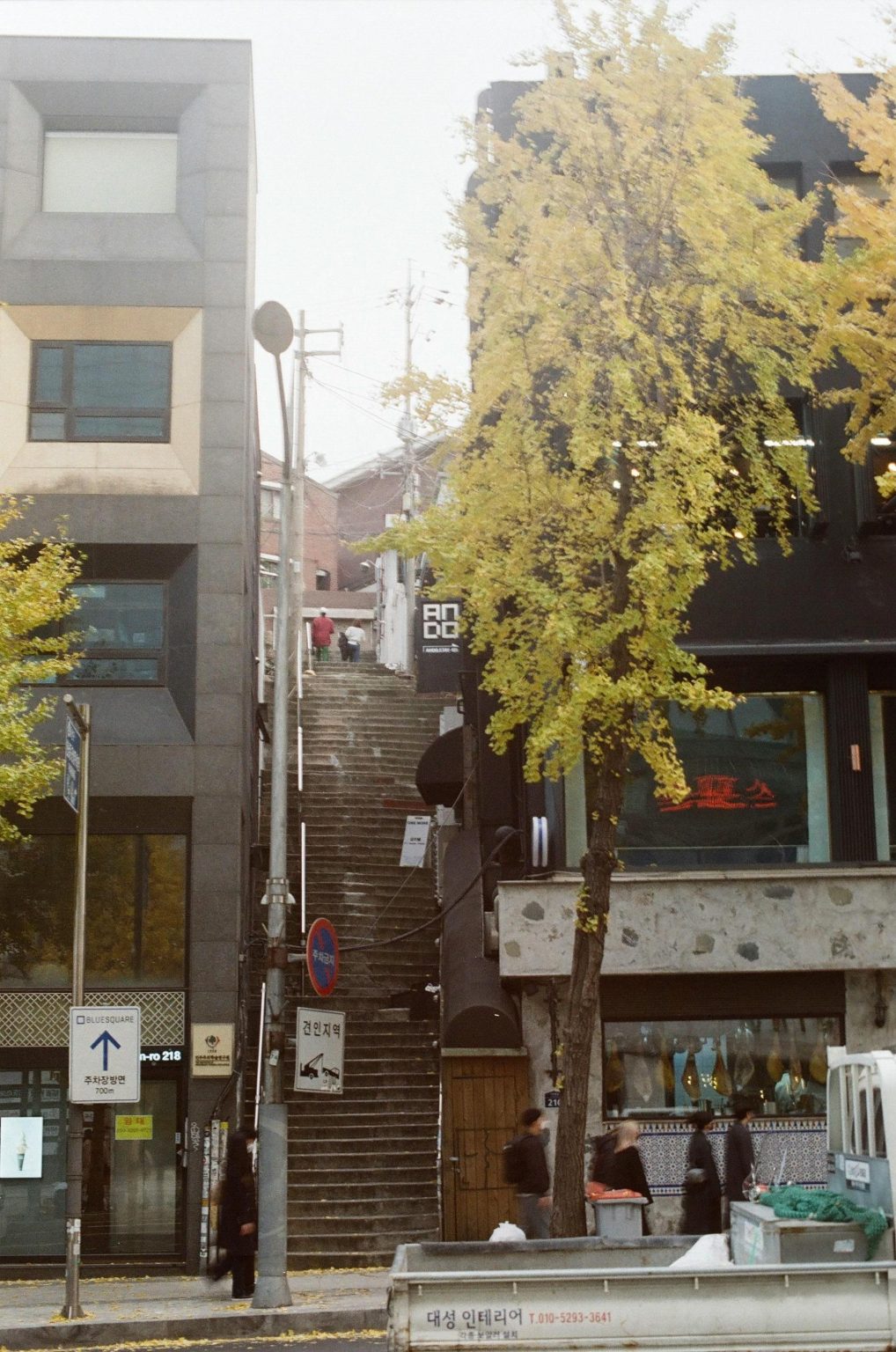Listen to the article
In a subtle yet striking shift, major retailers across South Korea have collectively omitted Halloween decorations from their stores this year, marking a somber remembrance of the Itaewon tragedy that claimed 159 lives three years ago.
The absence became apparent during a routine shopping trip to E-Mart, the nation’s largest supermarket chain. Where one would typically expect festive displays of pumpkins, cobwebs, and Halloween paraphernalia, there was nothing. The usual seasonal marketing machine had simply skipped over October 31st.
This wasn’t a general pause on holiday promotions. Displays for Pepero Day (November 11th) were prominently featured, exam-season snacks for students taking the crucial Suneung college entrance test were meticulously arranged, and Christmas decorations already twinkled in anticipation of December’s festivities.
The deliberate omission of Halloween merchandise represents a rare moment of corporate restraint in South Korea’s typically aggressive retail environment. Major businesses including E-Mart, Daiso, and Starbucks—companies that excel at commodifying cultural moments—have collectively removed Halloween from their marketing calendars.
The reason behind this coordinated absence stems from the 2020 Itaewon crowd crush that devastated the nation. What began as Halloween celebrations in Seoul’s popular nightlife district turned catastrophic when too many people crowded into narrow alleyways, resulting in one of South Korea’s deadliest peacetime disasters. The incident left deep wounds in the national psyche, with graphic videos of the tragedy still haunting many citizens.
This retail response represents a unique form of cultural remembrance—mourning through absence rather than presence. It’s a subtle way South Korean society processes collective trauma, allowing commercial spaces to acknowledge tragedy without exploiting it.
However, this corporate restraint reveals a paradox of modern capitalism. While seemingly respectful, it also demonstrates how effectively businesses can channel even grief into brand identity. The calculated absence of Halloween products doesn’t represent a rejection of commercialism but rather its sophisticated evolution—selling respectful silence as effectively as they sell seasonal decorations.
French philosopher Jacques Ellul forewarned of this phenomenon decades ago, arguing that modern propaganda requires both individuality and mass conformity. In his analysis, effective social influence doesn’t demand obvious manipulation but rather creates environments where people believe they’re making independent choices while unconsciously conforming to broader social patterns.
This subtle dynamic plays out across South Korean society in various ways. From political figures adopting populist gestures to media outlets showcasing billionaires in seemingly relatable scenarios (like sharing fried chicken and beer), these performances of authenticity mask profound inequalities while making them more palatable.
The tension between genuine remembrance and performative empathy highlights a broader challenge. Most South Koreans sincerely wish to honor the Itaewon victims, but daily pressures—work deadlines, family obligations, economic concerns—often drown out deeper reflection. Memory competes with survival, and propaganda operates not through explicit messages but through the rhythm of everyday life.
Market analysts note this shift in retail strategy reflects both cultural sensitivity and business pragmatism. With Halloween sales already representing a smaller portion of seasonal revenue compared to other East Asian markets, South Korean retailers can afford this temporary abstention while potentially gaining goodwill for their apparent respect.
Meanwhile, consumer behavior suggests mixed reactions. While some shoppers appreciate the tactful approach to a painful anniversary, others note that genuine remembrance might require more substantial social changes addressing the conditions that allowed the tragedy to occur.
As South Korea continues navigating this delicate balance between commemoration and commercialization, the absent Halloween decorations stand as a complex symbol—simultaneously a thoughtful tribute to those lost in Itaewon and a reminder of how efficiently modern consumer culture can incorporate even silence into its marketing arsenal.
Fact Checker
Verify the accuracy of this article using The Disinformation Commission analysis and real-time sources.




10 Comments
The shift away from Halloween promotions in South Korea is an interesting case study on how brands can shape cultural norms. It will be worth watching if this sets a precedent for more restrained holiday marketing in the future.
Retailers’ ability to drive cultural trends is both powerful and concerning. Balancing commercial interests with social responsibility is an ongoing challenge, so this South Korean example is noteworthy.
This article highlights how consumerism and corporate marketing have come to define many modern holiday traditions. It’s noteworthy that some South Korean retailers are choosing to dial back the Halloween celebrations this year.
The decision to forego Halloween displays is a measured response to the Itaewon tragedy. It shows companies can make thoughtful choices to avoid appearing insensitive or out-of-touch.
This article highlights how consumer culture and marketing have come to define many modern holiday traditions. The lack of Halloween displays in South Korea this year is a thoughtful response to recent events.
It’s interesting to see major retailers collectively choose to dial back their Halloween promotions. This demonstrates their ability to shape cultural norms, for better or worse.
Corporations undoubtedly play a major role in the commercialization of holidays like Halloween. It’s refreshing to see some South Korean companies take a more measured approach this year in light of the Itaewon tragedy.
The omission of Halloween displays reflects a commendable degree of corporate social responsibility. Hopefully this sets an example for how brands can be more thoughtful in their holiday marketing.
Interesting to see how commercial interests can shape the evolution of cultural traditions like Halloween. The absence of Halloween displays in South Korean stores this year reflects a thoughtful response to a recent tragedy.
It’s good to see companies exercise sensitivity and restraint in their marketing, especially around somber events. Kudos to them for recognizing the need to pause on the typical Halloween hype.